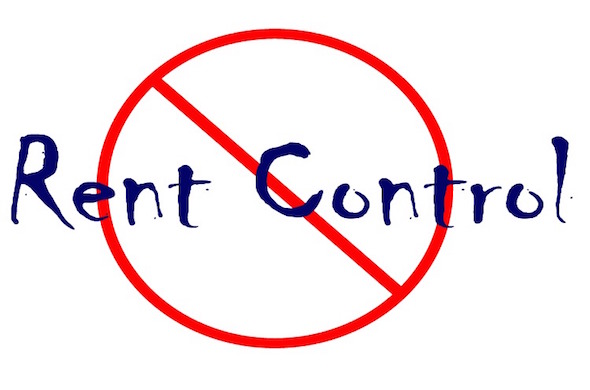Labour Party keen to introduce rent controls

Why rent controls would be pushed by Labour Party
Over the last couple of years we have seen house prices rise to new highs and hotly followed by landlords squeezing every last penny out of their tenants. This has been followed by demands from Ed Milliband and many of this colleagues that the UK rental sector should be subject to rent controls set by local councils. currently rent controls are dealt with by a local rent office that has the ability to set the rent that a protected tenant has to pay each moth. The rent increases every two years and is pegged into inflation. The rent office currently only deals with protected tenancies and doesn't have anything power to intervene in the general letting's market. If Ed Milliband had his way this would all change.
His party would like to stop private landlord increasing the rent annually by 10% or whatever they thought they could get away with. As well as rent controls in the private sector they would also like to increase the minimum tenancy period from 12 months to more longer term tenancies so that families could better plan their budgets. This could be a more popular move as there seems to be quite a lot of support for this.
We have read stories in the press and reports from tenants in recent times to suggest that many of them have been kicked out of their homes in what are being called revenge evictions. This happens where the landlord has given a family notice to quit their tenancy after 12 months because the tenants had the audacity to complain about some damp works that needed doing or to ask for some essential works to be carried out.
Landlords Carrying Out Revenge Evictions
Many of these landlords may of may not have had the works carried out but have still given the tenants notice to quit their tenancy at the end of the 12 months period. There have complaints about this from all parties and there is evidence that is has been happening. It is possible that the a new law could be introduced in the new parliament that would put a stop to this. Landlords are not allowed to carry put these revenge evictions but get around the regulations by claiming that they are actually moving into the house themselves or that a family member is moving into the property. This is a false claim and new tenants are moved in as soon as the old tenant move out. Stamping this out would be a popular move amongst the two million renters that we have in Britain and the political parties will be aware of this.
The rentals market probably receives more negative publicity that any other and it is only a matter of time before new regulations are introduced to make it function more fairly. The number of private tenants in rented accommodation has almost doubled over the last ten years and most of them would like to see some changes. A report carried out by the campaign group Generation Rent which lobbies on behalf of tenants carried out a recent poll showing that 59% of people supported rent controls with just 7% against them. The number of private tenants that want rent controls was even higher at 77%. These numbers will not be lost on politicians from all parties because private tenants now make up such a large number of the electorate. It would seem that momentum is gathering for big reforms in the rentals market and it may just be a matter of time.
Private Tenant Households Now stands at 3.8 million
The number of private tenants is now 3.8 million out of 22 million homes and there voice will inevitably get louder as prices continue to rise. However not everybody is in favour of rent controls and would argue that it is not the answer to the problem of rising rents. They argue that there are more fundamental issues that need to be dealt with such as the need to increase the number of new homes that are built to rent and the claim that rents are being pushed up by an inreased demand from mass immigration to the UK.
According to official data Immigration is currently running at hundreds of thousands a year. Some parties believe that less immigration would mean more houses would be available to rent and rents would not be rising at their current levels. Britain has also seen a huge increase in the number of students, both British students and foreign students who prefer to rent. Obviously the conservatives will not want to introduce rent controls but the Labour party will certainly be trying to appeal to those voters in the private rented sector.
